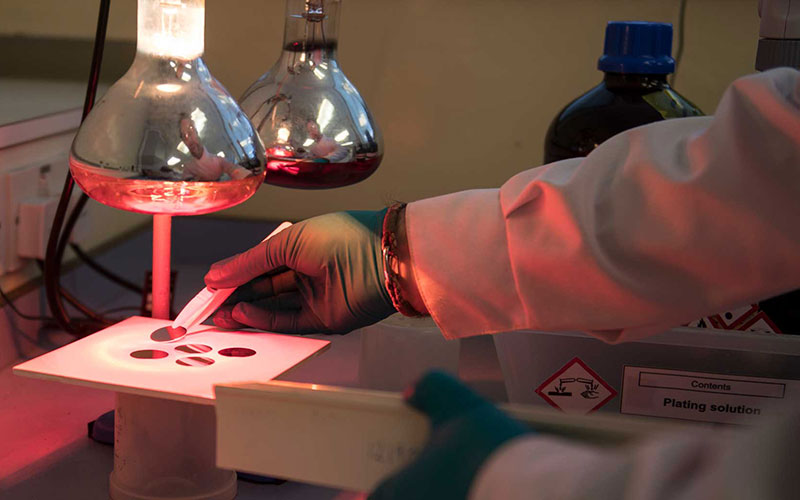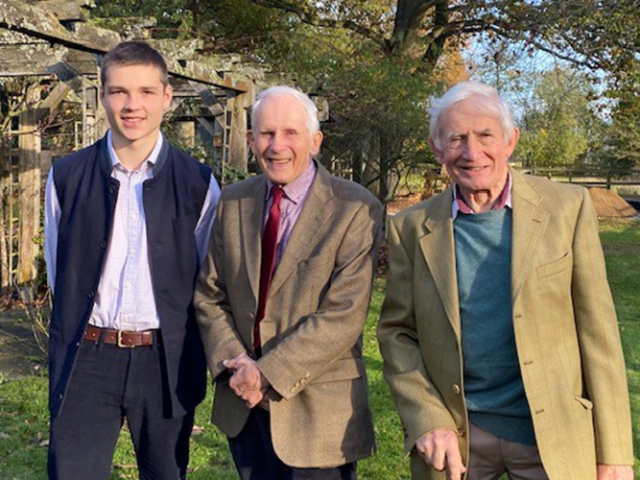According to the Institution of Mechanical Engineers, the UK needs 124,000 new engineers and technicians each year to meet demand. However, current projections show an annual shortfall of 37,000-59,000, and by 2030, the country could be lacking as many as one million engineers if trends continue.
This growing gap is driven by several factors: an ageing workforce – nearly 15% of which is over 60, with nearly a fifth expected to retire within five years – low representation of women and minority groups, and rapid pace of technological change requiring upskilling that many companies struggle to address. Perhaps the biggest issue and opportunity, however, is the insufficient number of people entering engineering.
The Royal Academy of Engineering has highlighted that traditional university and apprenticeship routes alone will not produce enough engineers to meet future demand. This means alternative pathways into the profession must be developed if we want to satisfy this workforce shortfall.
At AWE Nuclear Security Technologies, we are tackling this issue head-on by attracting and training individuals from both technical and non-technical backgrounds through innovative recruitment schemes.
For example, our Engineering Foundation Scheme is set up as a mid-career route into engineering, offering full-time roles to people without an engineering background but with a passion for the field. Many of those on the scheme do not have significant STEM qualifications beyond GCSEs but can gain hands-on experience as technical administrators while completing an engineering conversion course at Buckinghamshire New University.
The scheme, now in its second year following a successful pilot, has welcomed career changers from diverse backgrounds. Those who made the transfer into engineering include a former police officer, chef, postal worker, IT sales person, and office administrator.
In partnership with the organisation ‘STEM Returners’, AWE also operates one of the UK’s largest programmes offering permanent roles in science and engineering for people who have taken a career break. It also covers alternative employment after experience as an engineer or scientist.
Underpinning these career transition pathways, AWE has a long history of developing recruitment programmes to support a wide range of more traditional engineering career paths. These include a comprehensive Apprenticeship Scheme, the Engineering Masters Scheme, and the Evolve graduate programme.
At the earliest career stage, the Apprenticeship Scheme offers many roles to choose from to kickstart a professional career, without needing to go to university. From business administration and information communications to mechanical and electrical maintenance there’s an apprenticeship scheme to suit everybody.
Apprentices will have the opportunity to work in world-class facilities, gaining knowledge, new skills, and on-the-job experience while receiving a full-time wage during their apprenticeship.
For those coming out of university, AWE’s flagship graduate development programme, Evolve, incorporates rotational placements to provide graduates with technical knowledge and expertise across several disciplines, helping them to develop their careers in science, environment, safety, health & quality, project management, finance, corporate, or engineering. All Evolve graduates take part in a core development programme, alongside technical and pathway-spe- cific development. The programme is designed to provide broader, soft skills to set graduates up for success. With a wide
network of support and guidance, support from a dedicated line manager and a graduate placement supervisor, in each of the rotations, we are deeply invested in the development of our graduates, including access to mentors to guide and advise on wider career development, technical or individual skills.
Lastly, the Engineering Masters Scheme is a new masters recruitment route for early-career staff to achieve specialist technical skills faster than has traditionally been achievable. During their first year, graduates complete a full-time MSc at university (paid for by AWE) following which they return to AWE and hit the ground running in their specialist teams.
This is aimed at new graduates who don’t want to spend an additional two years on a general Masters qualification and want to specialise more quickly, plus entrants from other companies’ engineering graduate development schemes, or recent (12-24 months) graduates who did not find a suitable engineering role after graduating.
Together, these initiatives form a multi-pronged approach to widening access to engineering, supporting both early-career professionals and experienced individuals looking to retrain. At AWE, we’ve been developing STEM talent for 75 years – 2025 marks our anniversary – and we believe that you don’t have to be a university-trained scientist or engineer to make a meaningful impact. Whether through apprenticeships, mid-career training, or advanced academic sponsorship, we are committed to building the next generation of technical experts to support the UK’s national security and global leadership in engineering.
This article originally appeared in the June’25 magazine issue of Electronic Specifier Design – see ES’s Magazine Archives for more featured publications.




